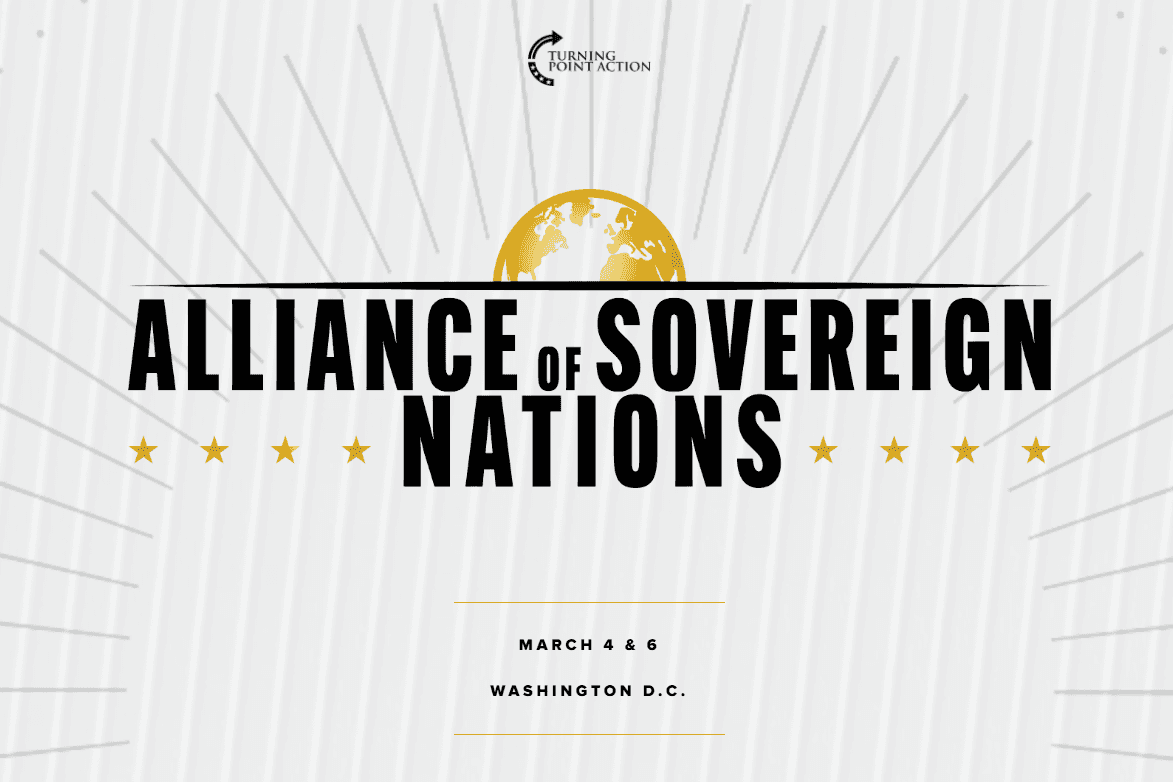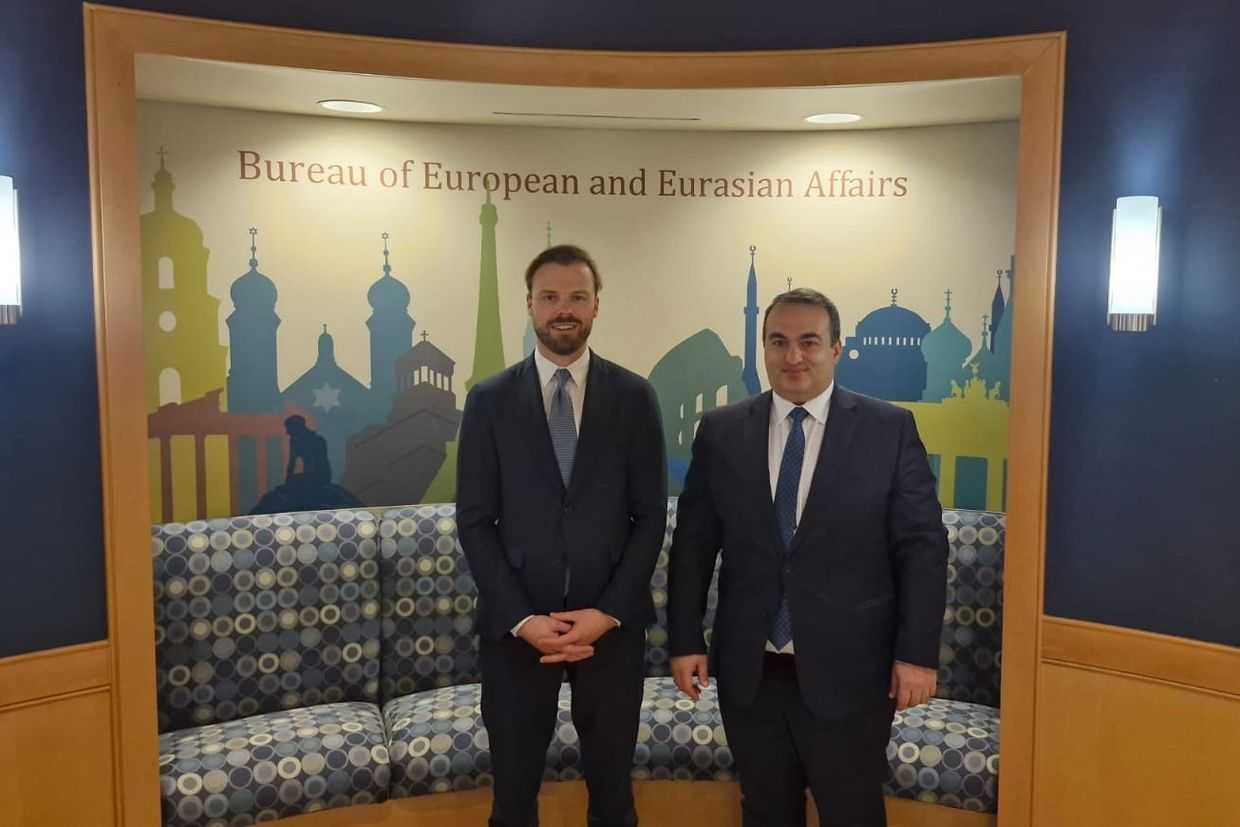
Georgia’s National Bank has reneged on its commitment to observing US sanctions in the case of former Prosecutor General Otar Partskhaladze, after comments by the ruling party chair. Three of the bank’s vice-governors have since resigned, and protests are scheduled to take place on Wednesday.
Georgia’s three largest banks have since announced that they will not obey the change in policy, and will maintain sanctions, while Georgia’s opposition has fiercely criticised the National Bank’s U-turn.
On Tuesday, the National Bank issued a statement, asserting that this was a ‘first precedent’ of such sanctions being applied to a Georgian citizen. Four senior Georgian judges were sanctioned by the US in April. It added that sanctions would only be applied if ordered by a Georgian court.
The statement did not name Partskhaladze, a former prosecutor general who was the subject of a number of allegations and scandals during and following his month and a half in the role, but noted that these amendments were being made on the basis of Georgia’s constitution and the presumption of innocence, closely echoing a statement made by ruling party chair Irakli Kobakhidze on Tuesday.
[Read on OC Media: Kobakhidze deems Partskhaladze asset-freezing contradicts constitution]
On Monday, Georgian media reported that the National Bank had suspended Partskhaladze’s accounts, a week after the US announced sanctions on him in light of his alleged connections to the Russian FSB.
At the time, the national bank stated that Georgian financial institutions operated ‘fully in accordance with financial sanctions imposed by the USA, the European Union, and Great Britain against the Russian Federation’, meaning that sanctioned individuals were restricted in their access to funds and ability to carry out financial operations.
Despite its U-turn on Tuesday, it said the Georgian financial sector still operated in ‘full compliance’ with sanctions regimes, and that Georgia was not and would not become a place to evade sanctions.
The National Bank’s acting president and first vice-governor, Natia Turnava, signed the amendments to the law on Tuesday.
On Wednesday, three out of four vice-governors of the National Bank resigned, as well as an adviser to the bank’s president.
Papuna Lezhava wrote on Facebook that he had addressed Speaker of Parliament Shalva Papuashvili about ‘resigning from the position of a member of the board of the National Bank […] from 21 November’. Lezhava did not provide a reason for his resignation.
Archil Mestvirishvili also published a statement on Facebook, telling ‘friends and colleagues’ that he was leaving his position at the bank, similarly neglecting to specify the reason for his resignation.
BMG reported that Nikoloz Gagua had also made the decision to leave the National Bank of Georgia.
In a briefing on Wednesday afternoon, Georgia’s President Salome Zurabishvili called on Natia Turnava to resign from her position, and said that ‘there are several steps that need to be taken to overcome this artificial crisis’.
Zurabishvili also stated that she regretted nominating Natia Turnava, a former Minister of the Economy, as a candidate for the National Bank of Georgia’s board, accusing Turnava of failing to protect the bank’s independence.
She also called for the bank’s board to ‘take responsibility’, and pass a collective decision to declare the decision invalid.
‘This will be the first real action of this council to preserve the National Bank’s independence’, she said.
On Tuesday, Kobakhidze said that when decisions by the National Bank’s internal regulation and the country’s constitution were ‘in conflict with each other’, priority should be given to the constitution.
On the same day, Georgia’s Prosecutor’s Office announced that Georgia’s State Security Service had launched an investigation into Otar Partskhaladze’s sanctioning.
An hour before the protests were scheduled to begin, Georgia’s Justice Ministry announced that work had begun in the State Services Development Agency to withdraw Partskhaladze’s Georgian citizenship.
‘Upon completion of the relevant procedures, the Agency’s conclusion on the date of termination of citizenship of Georgia will be sent to the President of Georgia within the shortest time’, the Ministry stated.
‘State institutions have been completely sabotaged’
The announcement has been met with fierce criticism from Georgia’s opposition and a refusal to comply from three of Georgia’s largest banks.
On Tuesday, the opposition Lelo party stated that the National Bank’s announcement confirmed that ‘state institutions have been completely sabotaged’.
‘If it weren’t for Bidzina Ivanishvili’s personal instruction, no one would have dared to change the decision of the National Bank’, read the statement. Partskhaladze has been accused of having close ties to Ivanishvili, Georgia’s former prime minister and billionaire founder of the ruling Georgian Dream party.
‘In order to protect the interests of a person accused of carrying out the interests of the intelligence service of a state hostile to the state of Georgia, [the National Bank] endangers the banking system of Georgia and its reputation, as well as all citizens who use this system. This step is tantamount to sabotaging the interests of the country’.
‘With this decision, Georgia moves further away from EU policy. The Russian government continues to sabotage Georgia’s European path’, the statement read.
Levan Bezhashvili, a member of Georgia’s largest opposition party, the United National Movement, similarly stated that ‘Natia Turnava’s decision on behalf of the National Bank is anti-state and criminal’.
Three of Georgia’s largest commercial banks, TBC, Bank of Georgia, and Liberty Bank, told media on Tuesday that they remained in compliance with US sanctions, in defiance of the legislative changes introduced by the National Bank. A number of Georgia’s other main commercial banks later made similar statements.
The National Bank’s acting president Natia Turnava claimed on Wednesday that linking this decision to protecting a person or avoiding sanctions was an unjustified attempt to politicise the decision.
‘This applies only to the citizens of Georgia. It does not refer to any particular person, because different interpretations have arisen in this regard. The name and surname of a sanctioned citizen of Georgia are not important for us’, he said.

Immediately after the opening of a plenary session of parliament on Wednesday, the opposition protested the National Bank’s decision beginning with a verbal confrontation, and shortly afterwards leaving the session in a sign of protest.
Irakli Kobakhidze said at the plenary session that ‘you can see that [the opposition] are trying to stir some kind of storm in a teacup — I ask the members of the parliamentary majority not to enter into a polemic with these spies and agents’.
Partskhaladze was in 2018 accused of engaging in extortion on behalf of Ivanishvili. In 2016, the former prime minister announced that his son, Bera Ivanishvili, was godfather to Partskhaladze’s grandchild.









